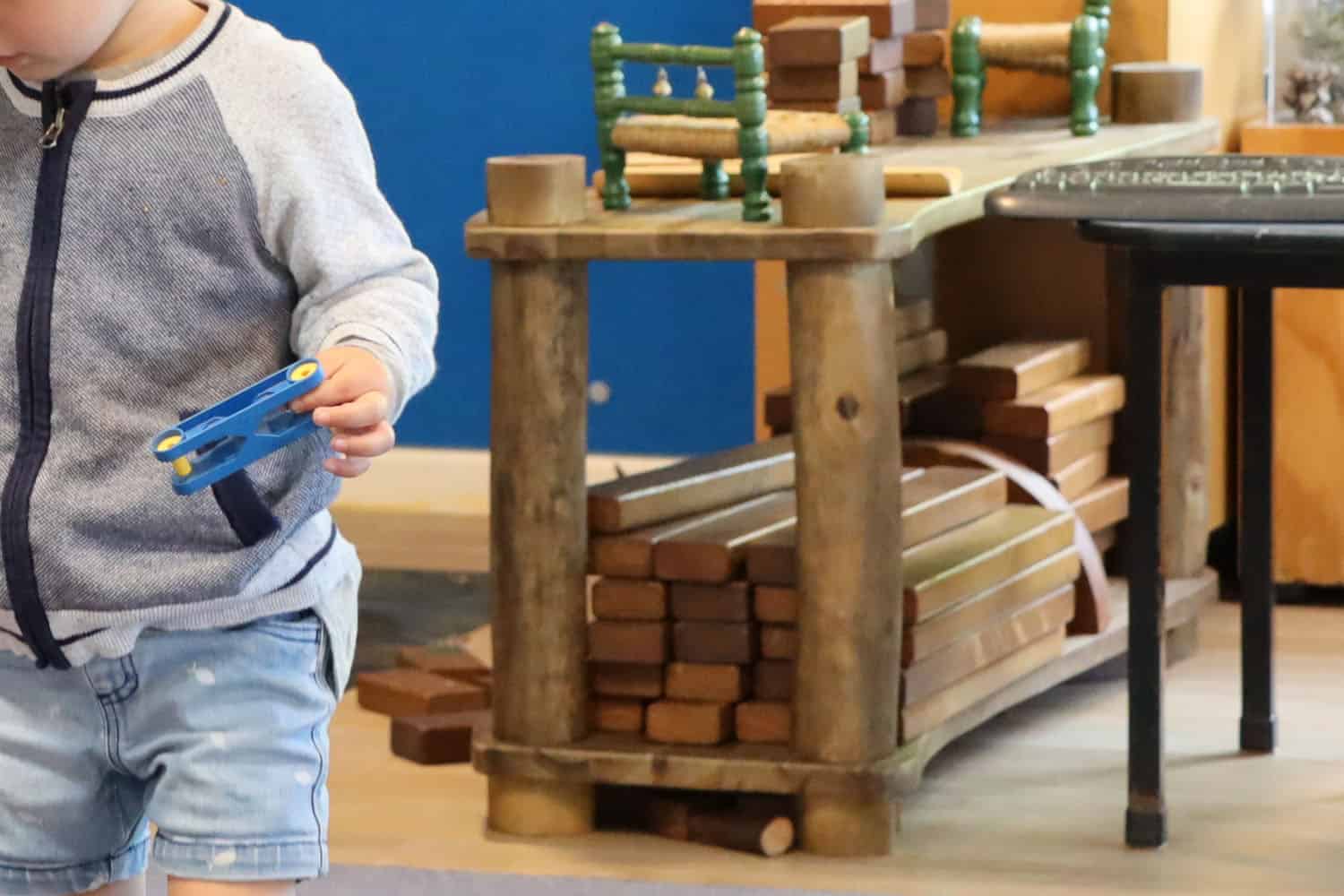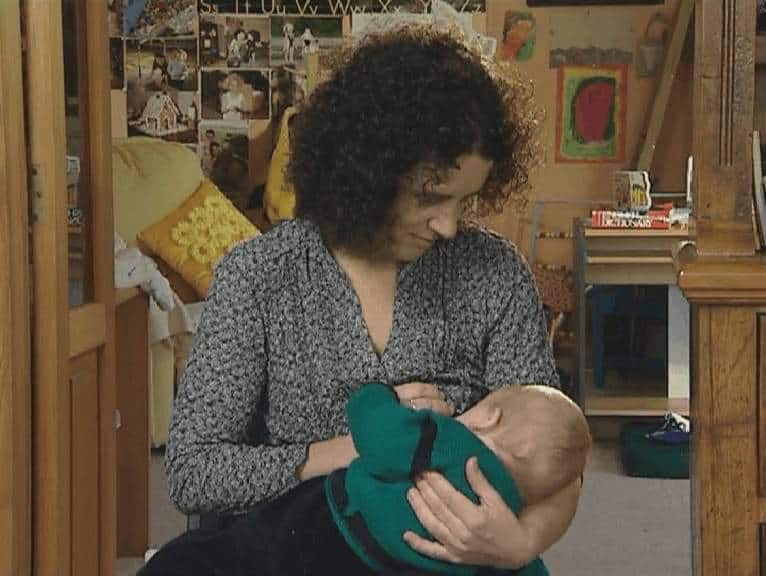Government does not want to be involved in kindergartens.
Article key points.
Victoria Carter, Vice-President of the AKA argues that bulk funding shows the government does not want to be involved in kindergartens. She argues that the Government should treat Auckland differently from other kindergarten associations around the country
- It is the largest association in the country and employs the most teachers.
- The proportion of immigrant children with teachers having to deal with more children for whom English is a second language.
- It has high competition for staff from private childcare providers
- It should be allowed to set it own rates of pay for teachers
- It sees NZEI, the teachers’ union, as too powerful in determining teacher pay and wants this power reduced
The following is the AKA’s view of what a kindergarten should be and the responsibilities of government for it
- Kindergarten is a business
- Children and families are customers
- Early education is “a child’s right and should not be limited by ability to pay” – and Government therefore should build new sites so that the 6000 children in Auckland on waiting lists get the chance they deserve”. “If the Government is heading towards a system in which all children pay fees to get a preschool education, the biggest losers will be the children. Children have no voice; they rely on concerned adults.”
Government undermining kindergarten associations
By Victoria Carter, vice president of the AKA.
Published in the NZ Herald, 6 May 1997, p.A3.
The Government argues that all children have a chance to attend early childhood through its bulk funding. The Government is deluding itself if it really believes that. Take Auckland, a kindergarten association is being held up the Government as an example to all others.
Five years ago the Auckland association faced receivership partly because of bulk funding experience and insufficient experience at running a $13 million business, employing 300 people, administering 100 sites and serving 12,000 customers.
Tough financial decisions were made by the association’s council and new management introduced some good practices. A strong financial team was established so that reporting and accounting were done properly. Another significant step which has an impact on its finances was the decision to leave the multi-employer contract.
Until two and a half years ago Auckland had its teacher’s contract negotiated for it by the State Services Commission and its teachers were treated like primary and secondary school teachers are today – that is, no differently whether they worked in Auckland or Ashburton.
Auckland left when the talks broke down after a week of negotiation to keep our general manager in Wellington when the business was in Auckland. We received delegated authority from the commission to negotiate our teachers’ contract directly.
Auckland should be treated differently from the rest of the country. The teacher shortage was caused partly by the fact that, because of the Government subsidy on all preschool facilities, our qualified and skilled teachers were in demand in the private sector. Because these other subsidised organisations charged fees, some of their patrons could claim an Income Support benefit and many teachers left for the better pay. Auckland is a very competitive labour market and let us not forgot that living expenses in Auckland are far greater than elsewhere.
Our teachers have also had to cope with a number of problems caused mainly the Government’s immigration policy. In the past two years more children, now 23% are arriving at kindergarten speaking little or no English.
Auckland is the largest association and employs the most teachers. It is not typical. How can the Government possibly expect a small association with only three teachers to have the skills to negotiate a fair contract with such a powerful union as the New Zealand Educational Institute?
When the Government handed over bulk funds to kindergartens what steps did it take to ensure the associations had the skills even to manage the money effectively?
The real issue is that the Government does not want to be involved in Kindergartens. The latest action is a chance to distance itself further and to ensure that kindergarten never becomes part of the compulsory education sector.
Kindergarten, unlike any other form of preschool education, has been around for over 100 years providing good education by qualified teachers to hundreds of thousands of New Zealanders on the basic premise that if you cannot pay you will not be kept from attending.
Today we all still have this premise, yet the strains are huge to keep its so. Kindergartens are not only teaching children but they are socialising a huge group of parents, including giving parenting advise to ‘at risk’ parents.
Think about the value for new immigrants who get to spend time in kindergarten with their children learning our customs, seeing and learning how we do things and in return offering our children a new perspective and appreciation of another culture, its dress, music and food.
If the Government is heading towards a system in which all children pay fees to get a preschool education, the biggest losers will be the children. Children have no voice; they rely on concerned adults.
As a mother of two small children I can see the joy of learning. I want all children to have access to the same educational advantages that my children have, just as they have access to the same health system.
The Government is slowly undermining a New Zealand institution. Is an early education a child’s right which should not be limited by ability to pay? If so, the Government must be urged to support kindergarten and build new sites so that the 6000 children in Auckland on waiting lists get the chance they deserve – that their parents pay taxes for – the right to learn.









